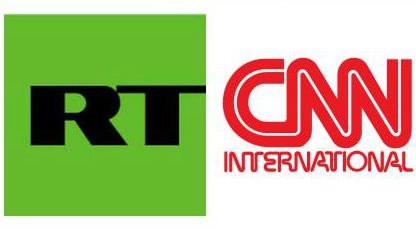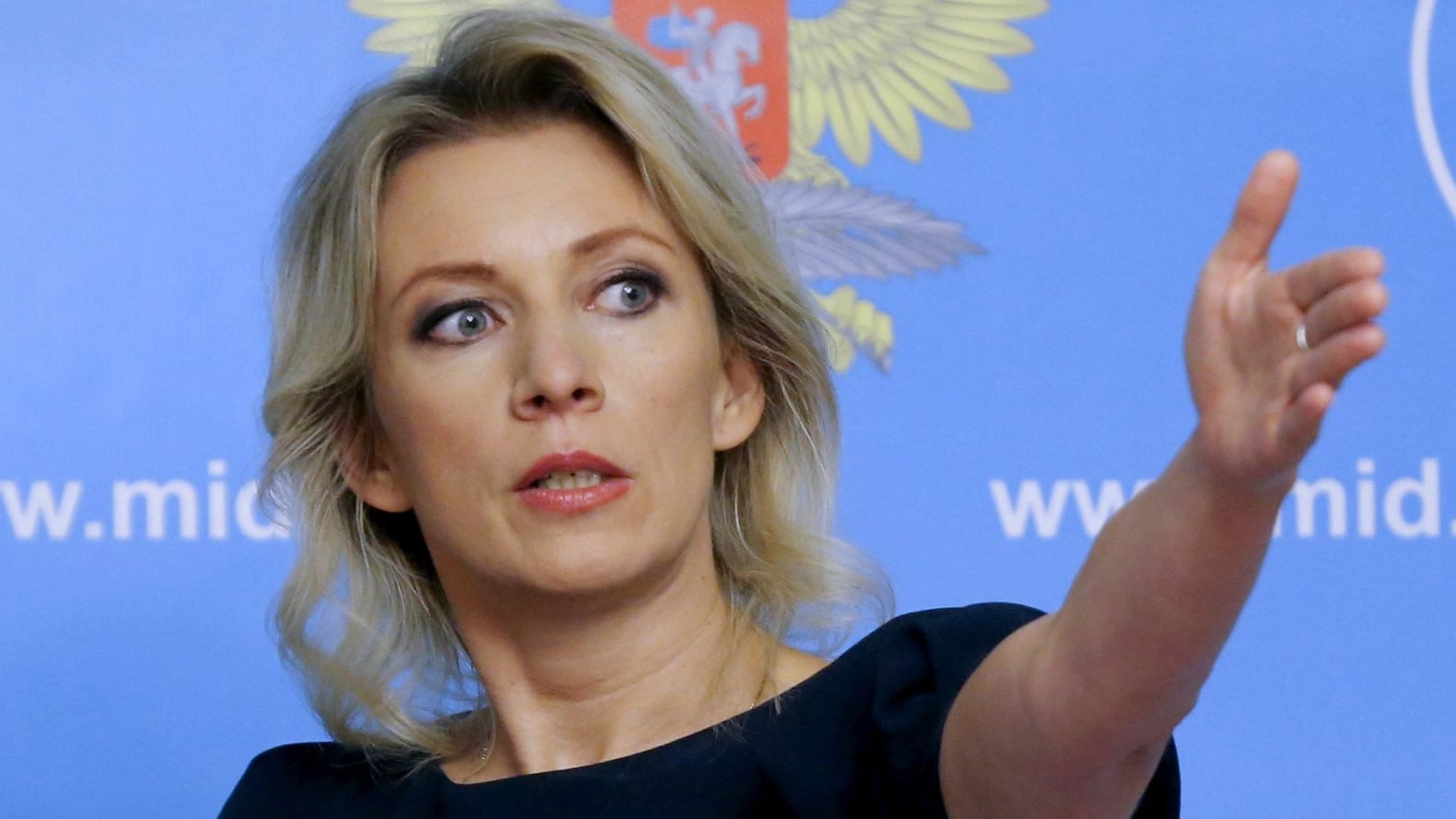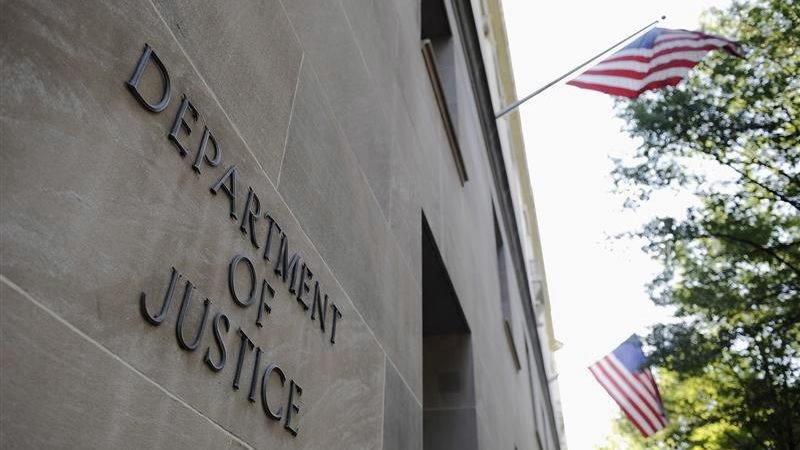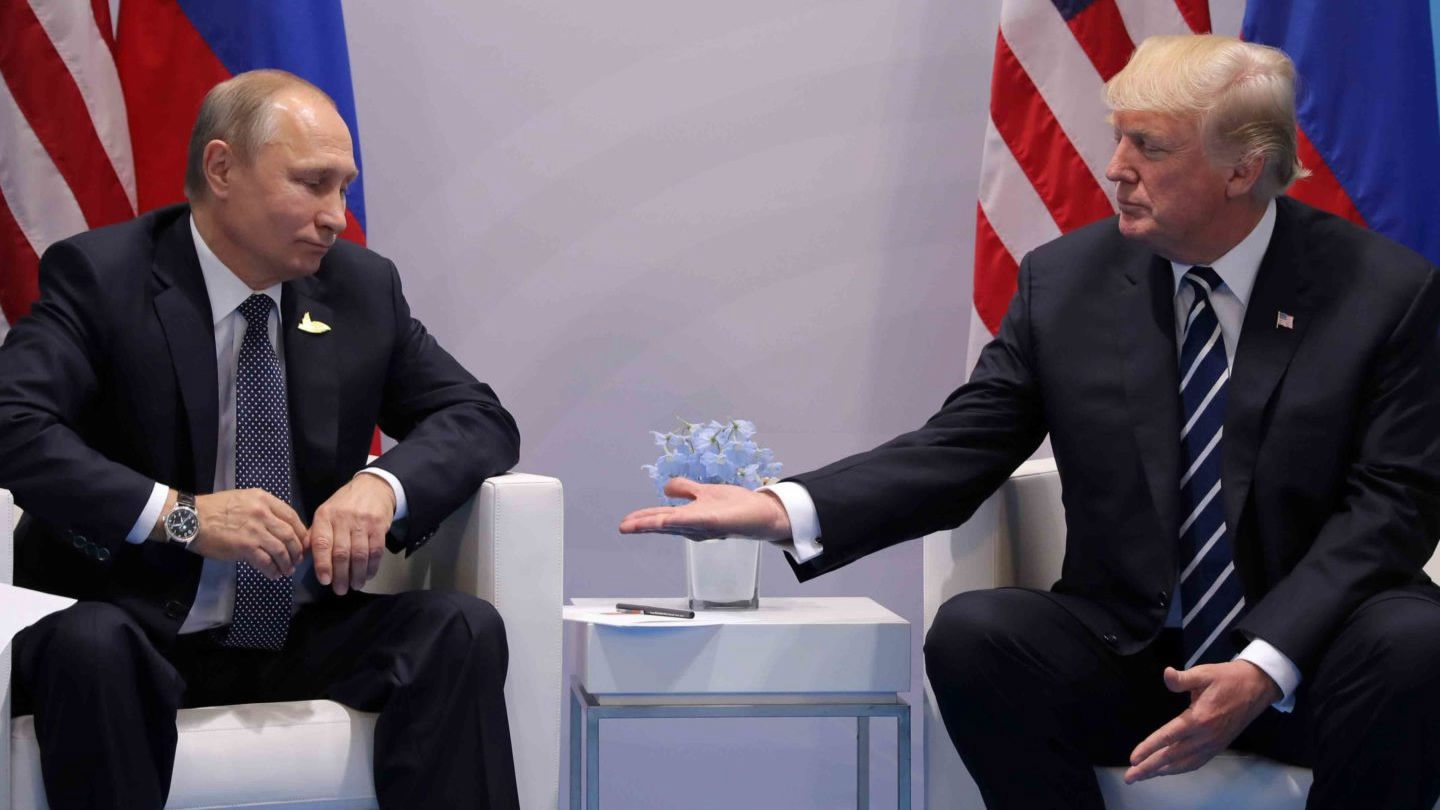
World
17:17, 06-Oct-2017
RT, CNN bear the brunt in Russia-US ‘media war’
Abhishek G Bhaya

There’s a full-fledged ‘media war’ going on between the US and Russia.
American broadcaster CNN International will lose its license in Russia in less than a week if it fails to “eliminate violations” uncovered by Roskomnadzor, Russia’s federal supervisory agency for media, IT and communication, before October 11, according to Russian media reports on Friday.
The development comes a day after Russian broadcaster RT claimed they have been served notice by the US Justice Department to register as a foreign agent by October 17, which is akin to pushing the network from the US.
“We’ve recently issued an order to [CNN]. It instructs the television channel and the broadcaster to eliminate the violations that we detected before October 11,” Vadim Subbotin, Roskomnadzor deputy head, was quoted as saying by the Russian news agency Interfax on Friday. CNN was given a warning over broadcasting incorrect registration data in late September.
'Tit-for-tat' measures

Maria Zakharova. /Reuters Photo
Maria Zakharova. /Reuters Photo
The move comes after Moscow on Thursday threatened to take retaliatory measures if the US goes ahead with imposing restrictions on Russia’s state-funded news outlets. This was after a parliamentary panel for monitoring foreign interference in Russian affairs discussed the pressure Russian media is coming under in the US over their alleged role of meddling in the 2016 US presidential campaign.
Igor Klimov, the head of the Russian Federation Council’s Interim Committee on the Protection of Sovereignty, said that Moscow will consider possible retaliatory moves against US media broadcasting in Russia in response to the US action against RT and state-funded Sputnik news agency.
Later, the Russian Foreign Ministry’s spokesperson Maria Zakharova made a statement on the same lines. “Our [Russian] legislation envisages a possibility of imposing retaliatory restrictions against the… media of the states that have restrictive [regulations] specifically limiting the professional activities of Russian journalists,” she said.
Zakharova went on to say that Russian laws allow officials and the Foreign Ministry in particular to take “tit-for-tat measures” that could involve a total “broadcast ban” for the US media, including private outlets.
RT, a foreign agent in US?

A file photo US Department of Justice headquarters in Washington DC. /Reuters Photo
A file photo US Department of Justice headquarters in Washington DC. /Reuters Photo
Earlier on Thursday, RT’s Editor-in-Chief Margarita Simonyan, in her submission to the parliamentary panel, said her network faces a US demand to register as a foreign agent under the Foreign Agents Registration Act (FARA) and provide detailed personal information about its staff, among other things. She said that the request effectively amounts to an attempt to push RT out of the US media market.
“We received a letter from the US Department of Justice, demanding that we register as a foreign agent. By October 17 we must whip ourselves and say that we are a foreign agent,” Simonyan said, adding that “[our] lawyers tell us that if we [RT’s American branch] do not register as a foreign agent, arrests of our employees, seizure of property will follow – absolutely serious things,” Simonyan said.
Adopted in 1938 to counter pro-Nazi agitation on US soil, FARA was conceived so that “the people of the United States are informed of the source of information (propaganda) and the identity of persons attempting to influence US public opinion, policy, and laws.”
The active FARA register contains over 400 entities and includes tourist boards and lobbyists, but no media outlets, which have traditionally been exempt from the legislation. The Russian Foreign Ministry has stressed that being registered under FARA may endanger RT staff working in the US.
Russian media under US scanner

US President Donald Trump meets with Russian President Vladimir Putin at the G20 summit in Hamburg, Germany, on July 7, 2017. /Reuters Photo
US President Donald Trump meets with Russian President Vladimir Putin at the G20 summit in Hamburg, Germany, on July 7, 2017. /Reuters Photo
Russian media including RT and state-funded Sputnik news agency have been accused by Washington of interfering in the 2016 presidential election.
Late September, Twitter told two congressional panels investigating alleged Russian interference that RT spent 274,100 US dollars in US ads in 2016. RT's Twitter accounts ‘promoted 1,823 Tweets that definitely or potentially targeted the US market’, Twitter said in a blog post.
RT responded saying its ads appearing on Twitter were legitimate, dismissing any suggestion of impropriety.
In a statement, RT also mocked the notion that its nearly 2,000 ads on the social network in 2016 were any different from what other media groups were doing.
"This is forcing us to go a step further and come clean that we also spent money on advertising at airports, in taxis, on billboards, on the Internet, on TV and radio. Even CNN ran our commercials. Somehow it did not cross our mind that in a developed democracy, regular media advertising can be considered suspicious or detrimental activity,” it said.
Executives from Facebook, Twitter and Google have been asked to testify about Russian meddling in the 2016 US election before a House of Representatives panel on November 1, Reuters quoted a congressional aide saying on Thursday.
US lawmakers, as well as a special prosecutor, are investigating whether Russia interfered with the election or aided Donald Trump's successful presidential campaign.
(With input from agencies)

SITEMAP
Copyright © 2018 CGTN. Beijing ICP prepared NO.16065310-3
Copyright © 2018 CGTN. Beijing ICP prepared NO.16065310-3